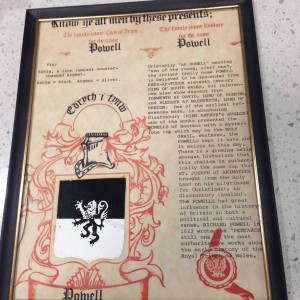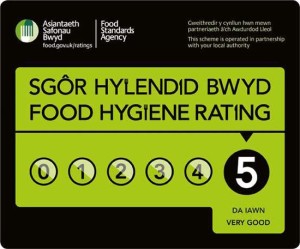A Monmouthshire farm has cancelled a series of open day visits for primary school children following the outbreak of a diarrhea-causing virus.
 Public Health Wales along with Torfaen and Monmouthshire councils are continuing to investigate an outbreak of cryptosporidium associated with Coleg Gwent’s farm in Usk.
Public Health Wales along with Torfaen and Monmouthshire councils are continuing to investigate an outbreak of cryptosporidium associated with Coleg Gwent’s farm in Usk.
Seven people have tested positive for cryptosporidium and 16 others are suspected of having the bug after regular attendance at the farm or contact with those who have.
Heather Lewis, consultant in health protection for Public Health Wales, said: “We are continuing to work with Coleg Gwent, who have written to all students who may have been on the farm in March.
“As a precaution, Coleg Gwent have also cancelled a series of open days which were due to take place with invited primary schools from Tuesday, April 12 to Friday, April 15.”
A spokesman from Public Health Wales said: “Good hand washing after coming into contact with farm animals, their bedding or dirty equipment including clothing is of the utmost importance in preventing infection with cryptosporidium.
“There is no reason for anyone to avoid visiting petting farms as long as they ensure that anyone who has touched animals, thoroughly washes their hands with hot water and soap immediately afterwards and before eating, as hand sanitisers or alcoholic gels should not be solely relied upon.”
Handwashing is never enough.











